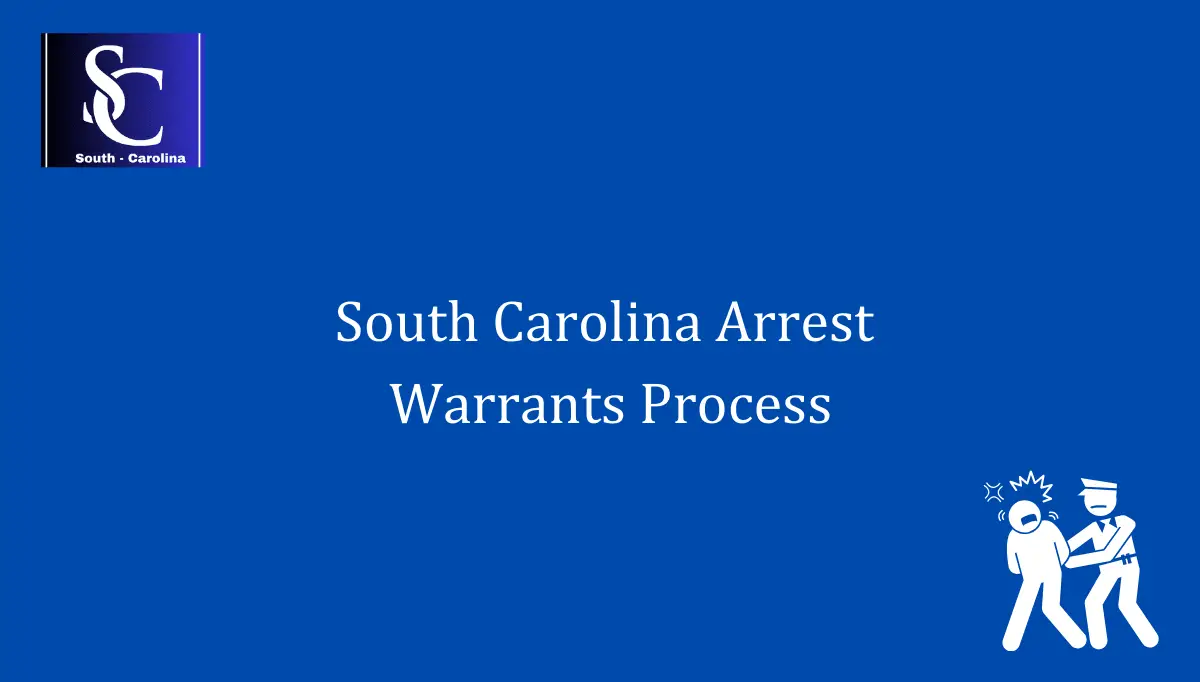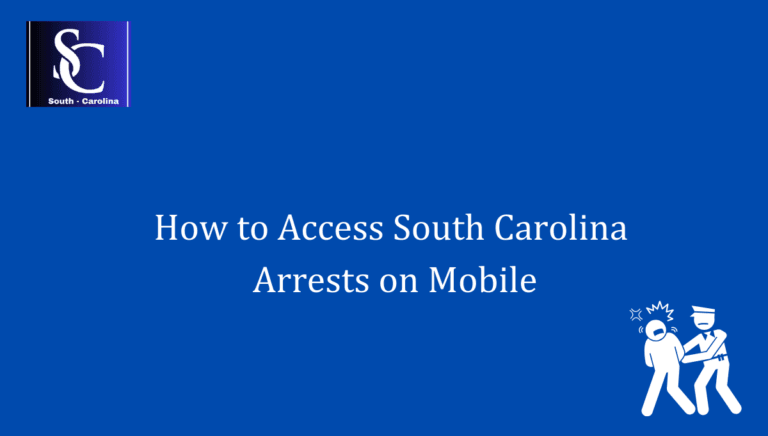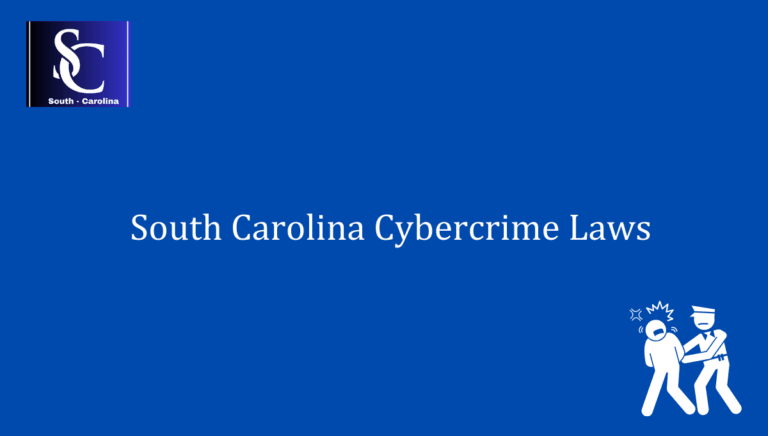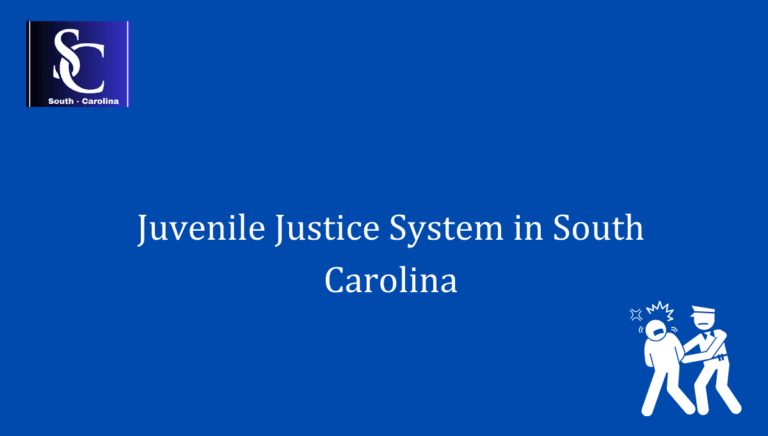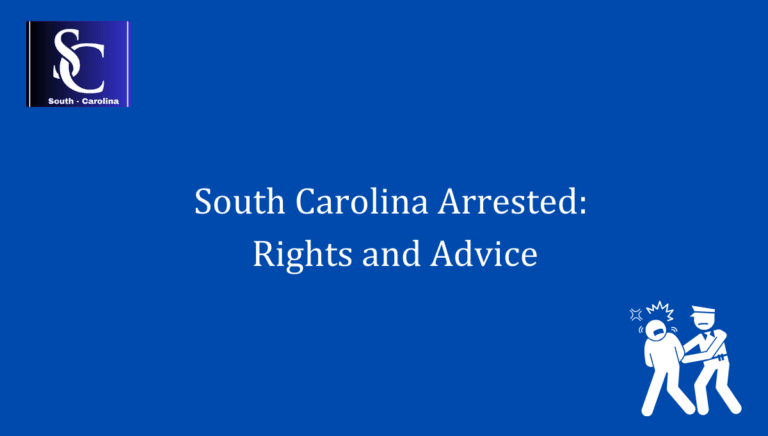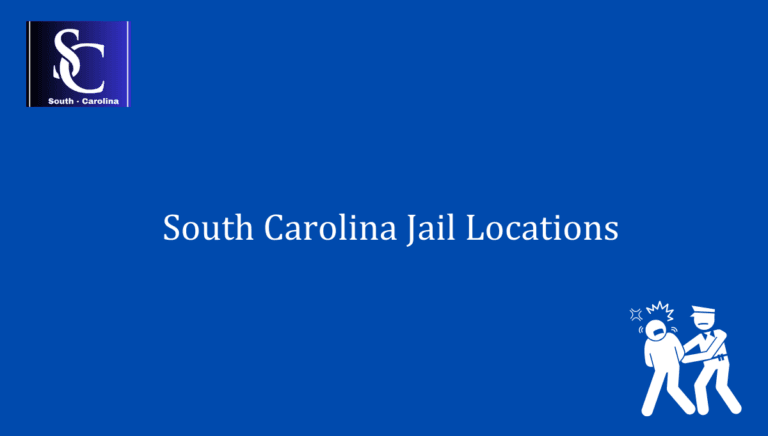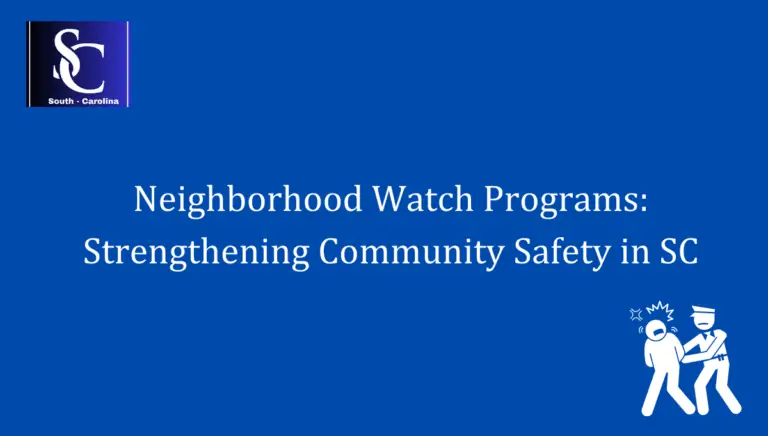South Carolina Arrest Warrants Process
At the heart of the criminal justice system lies a crucial element – the arrest warrant. It serves as a powerful tool, ensuring that those who have violated the law are held accountable for their actions. In South Carolina, the process of issuing and executing arrest warrants is a well-established procedure that upholds the principles of fairness and due process.
Join us on a journey as we delve into the intricate workings of the South Carolina arrest warrants process. From understanding the criteria for issuing an arrest warrant to exploring the steps involved in its execution, we aim to shed light on this important aspect of law enforcement. Whether you’re a legal professional seeking a comprehensive overview or an individual looking to gain insight into the legal system, our detailed guide will provide you with the knowledge you seek.
The Criteria for Issuing an Arrest Warrant
When it comes to issuing an arrest warrant in South Carolina, there are specific criteria that must be met. These criteria ensure that the warrant is only issued when there is sufficient evidence to support the arrest. The first criterion is the existence of probable cause, which means that there must be a reasonable belief that a crime has been committed and that the person named in the warrant is responsible.
Additionally, the warrant must be supported by an affidavit, which is a written statement of facts provided by law enforcement or other witnesses. This affidavit must include enough information to demonstrate to a judge that there is probable cause for the arrest. It is important to note that arrest warrants cannot be issued based solely on suspicion or hearsay.
The Process of Issuing an Arrest Warrant
Once the criteria for issuing an arrest warrant are met, the process of obtaining the warrant begins. It starts with a law enforcement officer or a prosecutor preparing an affidavit that outlines the facts and evidence supporting the arrest. This affidavit is then presented to a judge, who reviews the information provided and makes a determination on whether to issue the warrant.
Upon the judge’s approval, the warrant is then signed, authorizing law enforcement officers to make the arrest. The warrant includes the name of the person to be arrested, as well as any relevant details about the alleged crime. It is crucial for the warrant to accurately identify the individual to avoid any confusion or mistaken arrests.
The Execution of an Arrest Warrant
Once an arrest warrant has been issued, law enforcement officers are responsible for executing it. The execution of the warrant involves locating the individual named in the warrant and taking them into custody. Officers may visit the person’s residence, workplace, or any other known locations to carry out the arrest.
It is important to note that officers are required to follow proper procedures during the arrest. They must inform the individual of their rights, such as the right to remain silent and the right to an attorney. Officers should also exercise caution to ensure the safety of both the individual being arrested and themselves.
Understanding the Importance of Arrest Warrants
Arrest warrants play a vital role in the criminal justice system, ensuring that individuals who have violated the law are held accountable for their actions. They serve as a legal document that authorizes law enforcement officers to make an arrest, protecting the rights of both the accused and society as a whole.
By requiring the fulfillment of specific criteria and going through a thorough process, arrest warrants uphold the principles of fairness and due process. They help maintain the integrity of the legal system and provide a framework for law enforcement agencies to carry out their duties effectively.
FAQs
What is the process for South Carolina Arrest Warrants?
The process for South Carolina Arrest Warrants involves several steps. When law enforcement officials have probable cause to believe that a crime has been committed, they can apply for an arrest warrant from a judge. The judge will review the evidence presented and determine if there is sufficient probable cause to issue the warrant. If the warrant is issued, it authorizes law enforcement to arrest the individual named in the warrant.
How can I find out if there is an arrest warrant against me in South Carolina?
To find out if there is an arrest warrant against you in South Carolina, you can contact the local law enforcement agency or the sheriff’s office in the county where you reside. They will be able to provide you with information regarding any active warrants in your name. It is important to address any warrants promptly to avoid further legal complications.
What happens if I am arrested on an arrest warrant in South Carolina?
If you are arrested on an arrest warrant in South Carolina, you will be taken into custody by law enforcement. You will be informed of the charges against you and your constitutional rights, such as the right to remain silent and the right to an attorney. You will then be taken to a detention facility where you may be held until your court appearance or until bail is set.
Can I clear an arrest warrant in South Carolina without being arrested?
Yes, it is possible to clear an arrest warrant in South Carolina without being arrested. If you are aware that there is an active warrant against you, you can contact an attorney who specializes in criminal defense. They can guide you through the process of resolving the warrant, which may involve turning yourself in and negotiating with the court for a more favorable outcome.
How long does it take to resolve an arrest warrant in South Carolina?
The time it takes to resolve an arrest warrant in South Carolina can vary depending on several factors, including the complexity of the case, the availability of the court, and the backlog of cases. It is important to consult with an attorney who can provide you with a more accurate estimate based on the specifics of your situation.

